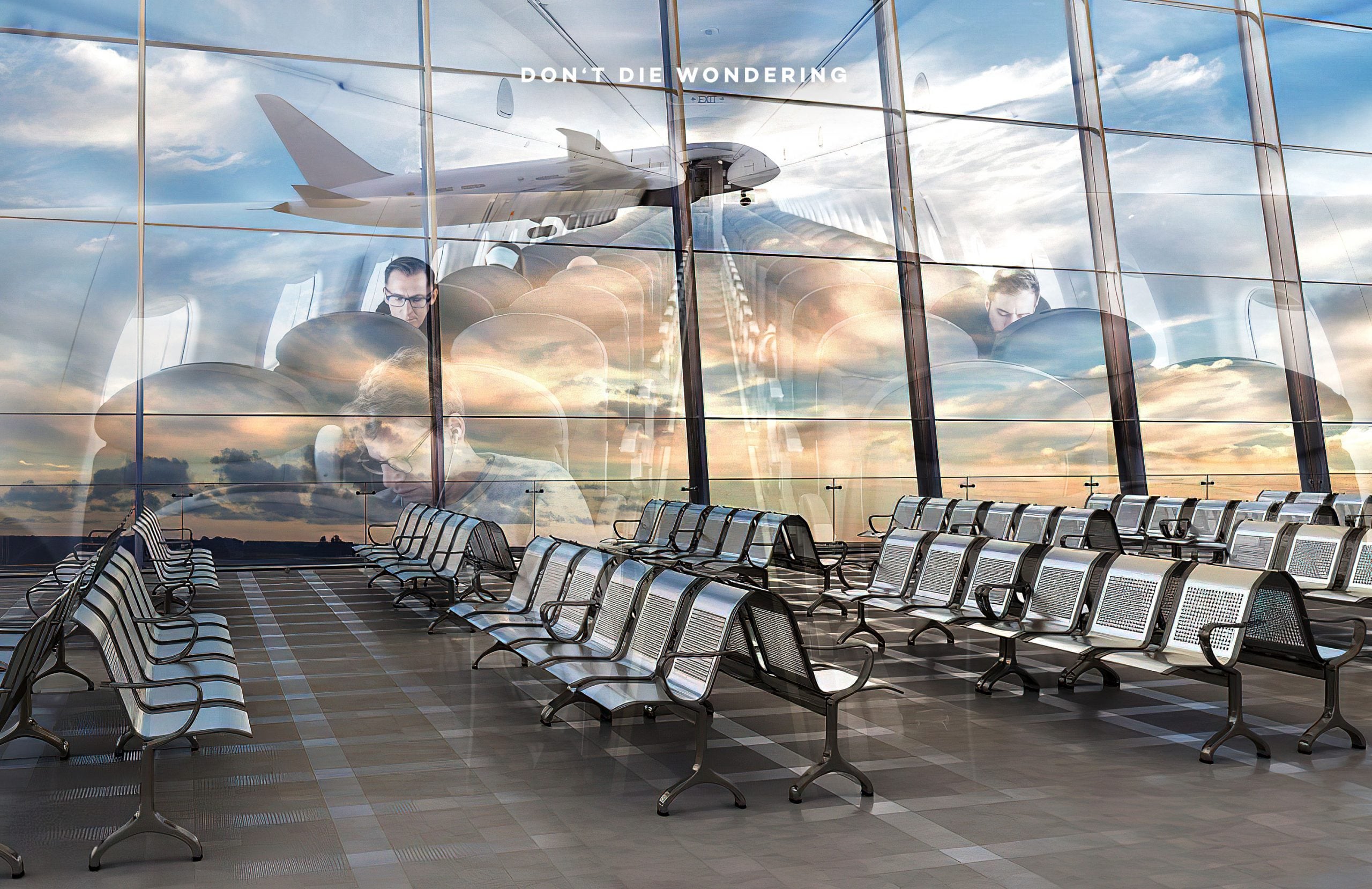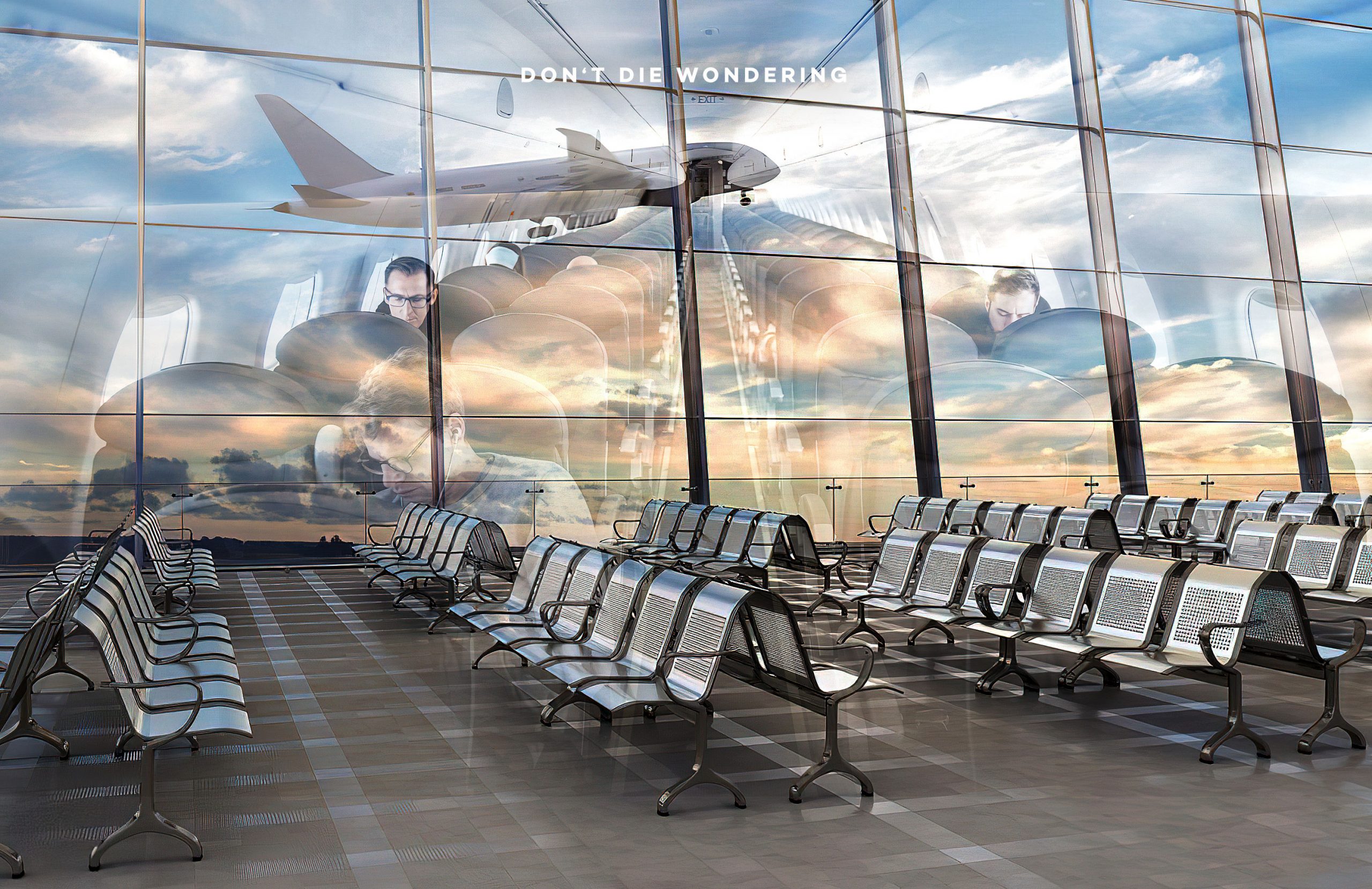The sky is still full of empty passenger aircraft and has been since the early days of the pandemic.
Back in early 2020 when the world began to shut down international travel, so-called “ghost flights” became a common phenomenon soaring through European skies.
Obliged to meet their contractual flight quotas, airlines continued to fly the passenger aircraft despite having no one but the flight crew on board.
Two years later, European skies are still full of ghost flights. Environmental campaign group Greenpeace has said they estimate more than 100,000 empty aeroplanes are flying across the continent this winter, which is “equivalent to the yearly emissions of more than 1.4 million cars.”
The outrage over the unnecessary emissions has been widespread. Campaigner Greta Thunberg asserted that “Brussels Airlines [part of the Lufthansa group] makes 3,000 unnecessary flights to maintain airport slots.” In the UK, a petition appealing to the government to ground unoccupied flights was launched and is currently at over 12,000 signatures.

Herwig Schuster, spokesperson for Greenpeace’s European Mobility For All campaign said: “We’re in a climate crisis, and the transport sector has the fastest-growing emissions in the EU – pointless, polluting ‘ghost flights’ are just the tip of the iceberg.
It would be irresponsible of the EU to not take the low-hanging fruit of ending ghost flights and banning short-haul flights where there’s a reasonable train connection.”
So why would airlines go to all the trouble? Essentially, the aviation industry is involved in a high-stakes poker game to try and secure the best slots for their flights.
With more than 200 of the planet’s busiest airports operating at full capacity, demand for flights exceeds the availability of runways and space inside the terminals.
To manage this, capacity at congested airports is portioned into slots in which aircraft can land, disembark passengers, refuel, reload with new passengers, and then take off.
Once they are won, keeping hold of their lucrative slots is of the utmost importance for the airline. They are also operating hundreds of city-pair routes that often involve connecting flights, so if a slot is changed at one end is likely to cause mass confusion and chaos at the other.
The result is a highly complex and fragile system that would sooner see empty flights pollute the skies than disturb the intricate planning that has gone into setting the slots up.

In the UK, Heathrow Airport holds the most valuable slots. Limited capacity there has propelled the price of slots skywards, with an early morning slot pair worth around $19 million, falling to $13 million at midday and $6 million in the evening, according to a UK House of Commons briefing paper.
As CNN reports, the allocation of slots must be done twice a year for the summer and winter seasons, but to re-plan all of this every six months would be a disaster, so there’s a rule that states that if an airline successfully uses its slot at least 80% of the time, it is allowed to retain the slot the following season, a system known as “grandfather rights.”
When international travel ground to a halt in 2020, the 80% rule was relaxed to 50% as very few people were travelling, but as passenger numbers rise, the European Commission is raising its threshold to 64% in April 2022.
This means that ghost flights will likely continue to operate in the foreseeable future, and will only be eradicated completely when air travel can return to pre-pandemic levels and airlines can fill their planes with fare-paying passengers.


